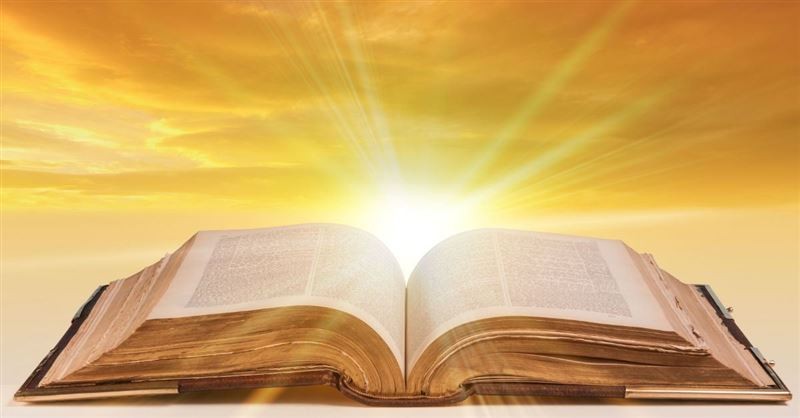
“Meanwhile, Boaz had gone up to the gate and had sat down there, when the redeemer of whom Boaz had spoken passed by. ‘Such-and-such,’ he said, ‘come over, and sit down’; so he came over and sat down.”-Ruth 4:1
So verse 1 kicks off the legal process used in the Biblical era to solve matters of land redemption.
In those days, the traditional place where legal transactions took place was always the city gates.
For instance, take a look at this verse:
“Ephron the Hittite was sitting among his people
and he replied to Abraham in the hearing of all
the Hittites who had come to the gate of his city.”
-Genesis 23:10
This was the situation when Abraham was negotiating to find a proper burial place for his wife Sarah.
So we can see here the city gates was where official rulings and judgements took place.
Elders met at the city gate to settle arguments…
And even kings would go down to the city gates to pass down rulings on certain matters.
The city gates doubled as both the official courtroom and town square.
Folks would gather there to engage in political debate or to just hang out and socialize.
One could say it’s where all the action occurred.
If you needed to catch someone at some point during the day, you went to the city gates and waited until they came around…
Which is exactly what we see Boaz doing.
He was sitting at the city gates when the other family redeemer he had told Ruth about came strolling through the gates.
Boaz greeted him and asked him to have a seat.
He then gathered 10 elders of the city to serve as witnesses to the legal proceedings about to take place.
We shouldn’t overlook the significance of the number 10 here.
A gathering of 10 men is what’s called a MINYAN in Hebrew.
According to Rabbinic teaching, a minimum of 10 men (and men, NOT women) is what’s required in order to be able to hold a service at the synagogue.
Interestingly, the Rabbis based this interpretation on the heated conversation Abraham had with God concerning the destruction of Sodom and Gomorrah and what was the minimum number of righteous men required to be present so God would not destroy the cities.
The conclusion was as follows:
“He said, ‘I hope Adonai
won’t be angry
if I speak just once more.
What if ten are found there?’
He said, ‘For the sake of the ten
I won’t destroy it.'”
-Genesis 18:32
Finally, I want you to notice the author of Ruth deliberately chose to NOT reveal the name of the other senior family redeemer.
I found that interesting…
I’m sensing a takeaway here.
This other redeemer ending up forfeiting his right to redeem Naomi’s land and Ruth.
As a result, the Biblical author removed his name from the book of life and instead refers to him as “such and such”.
On the other hand, the righteous Boaz who did step up to redeem the land and marry Ruth, his name was recorded in Scripture and he will be remembered for all eternity…
In fact, it was from his line that the Messiah would be born.
Interesting takeaway here, don’t you think?
Over and out.
CONNECTING THIS TEACHING TO THE NEW TESTAMENT
“He who wins the victory will,
like them, be dressed in white clothing;
and I will not blot his name
out of the Book of Life;
in fact, I will acknowledge him
individually before my Father
and before his angels.”
-Revelation 3:5



Leave a Reply